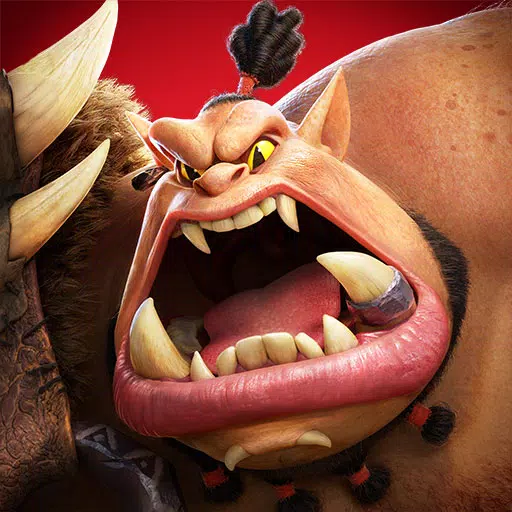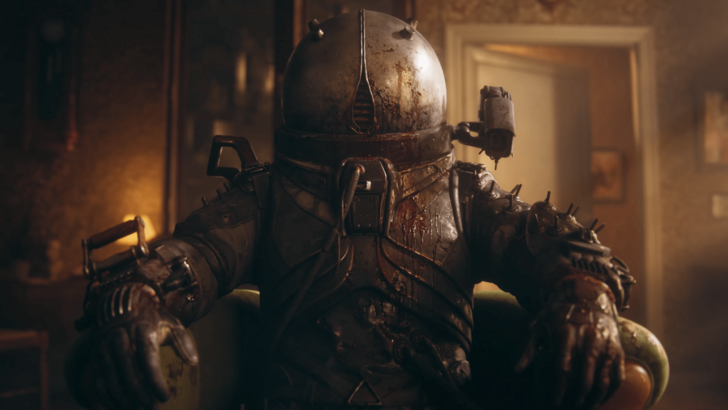The God of War series has been a cornerstone of PlayStation consoles across four generations, evolving significantly since Kratos embarked on his vengeance-fueled journey in 2005. Few could have predicted the path this iconic character would take over the next two decades. While many franchises struggle to remain relevant over time, God of War has thrived by embracing change. The pivotal moment came with the 2018 reboot, which transitioned Kratos from the realm of Ancient Greece to the rich tapestry of Norse mythology. This shift not only altered the game's setting but also its gameplay and narrative style. However, even before this acclaimed reboot, Sony Santa Monica introduced smaller yet significant changes that kept the series alive and engaging.
For God of War to continue its success, reinvention remains crucial. Director Cory Barlog has expressed interest in exploring settings like the Egyptian and Mayan eras. Recent rumors have reignited speculation about an Egyptian setting, which, while unconfirmed, excites fans due to its unique culture and mythology. Yet, a new setting is just the beginning; the series must continue to evolve and innovate, much like it did when transitioning from the Greek trilogy to the Norse saga, enhancing what worked well and refining the experience.
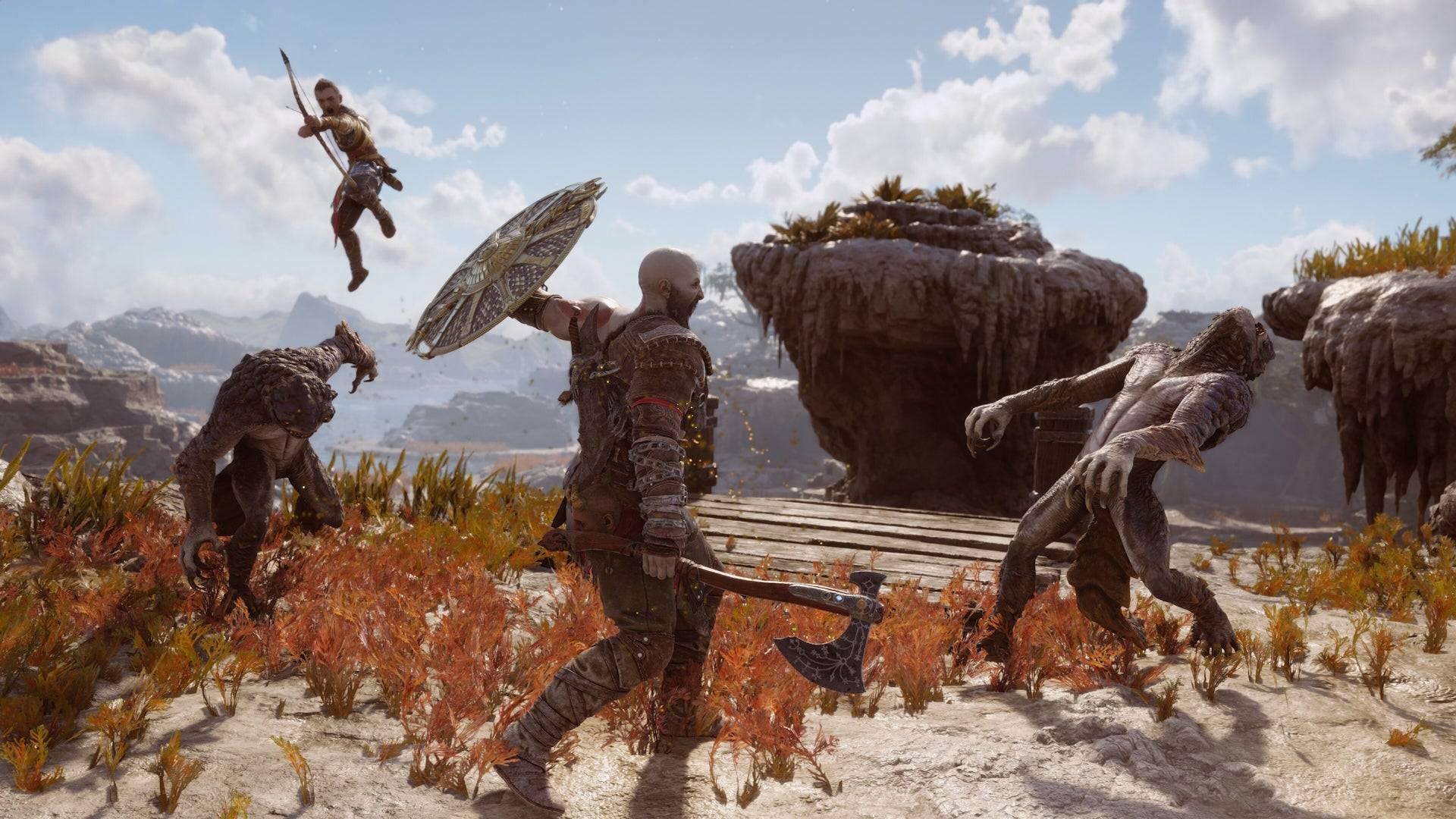
Throughout its history, God of War has consistently evolved with each installment. The original Greek trilogy refined its hack-and-slash gameplay over a decade, culminating in God of War 3 on the PlayStation 3, which introduced a revamped magic system and new camera angles to showcase its graphical prowess. The trilogy also featured platforming and puzzle elements, which were largely phased out in the Norse games due to a new camera perspective that better suited an adventure-first approach.
The narrative and mechanics of the series returned to its Greek roots in the Valhalla DLC for God of War Ragnarök. This roguelike addition reintroduced battle arenas, a feature from the original series, while also delving into Kratos' past, creating a full-circle moment in his journey. The Norse games, while revisiting old concepts, introduced fresh elements like the Leviathan Axe's unique throwing mechanics, a combat-defining parry system, and a magical spear in Ragnarök, enhancing the exploration across the Nine Realms.
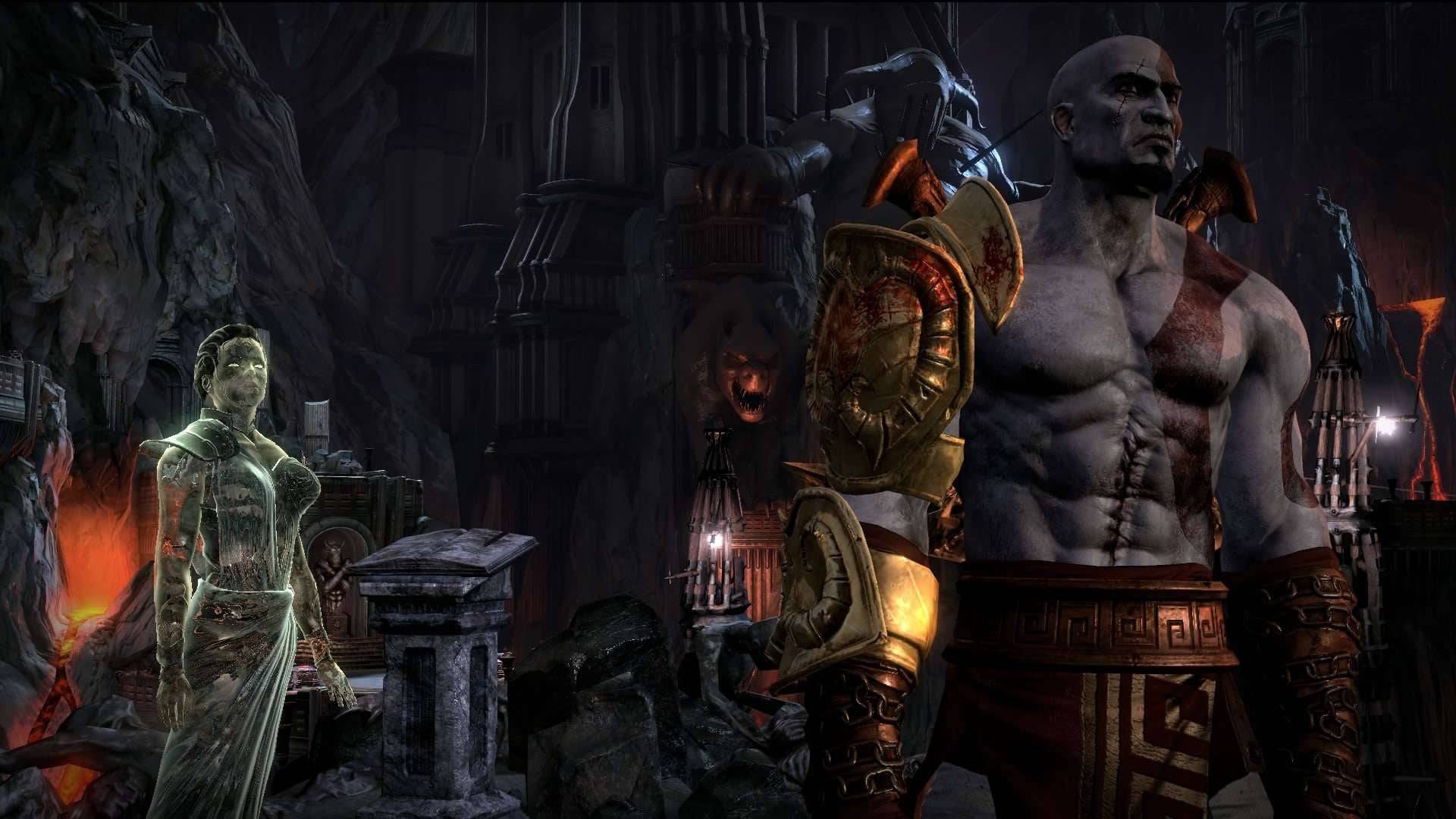
Beyond mechanics, the storytelling in the Norse duology marked a significant departure from the original trilogy. The new games delve into Kratos' emotional journey, particularly his relationship with his son Atreus, and the resulting character development has been a key factor in the series' critical and commercial success. This approach views the Norse games not as traditional sequels but as extensions of Kratos' journey, a philosophy that should guide future installments.
The reinvention of other series, such as Assassin's Creed, illustrates the challenges of maintaining fan loyalty while evolving. Assassin's Creed's shift to an open-world RPG format with Origins has been profitable but divisive, with some fans feeling the series has drifted from its core assassin roots. Recent efforts like Assassin's Creed Mirage, a return to the series' Middle Eastern origins, and Assassin's Creed Shadows, which focuses on stealth, show attempts to reconnect with the series' foundational elements.
God of War's ability to reinvent itself without losing its core identity is a testament to its success. The Norse games maintained the series' focus on intense combat while introducing new gameplay and narrative elements. Future iterations, whether set in Egypt or beyond, must continue this trend, building on the storytelling strengths of the Norse duology and Kratos' character development. The next God of War game will need to balance these elements with bold innovations to achieve the next pinnacle in the series' storied history.
 Home
Home  Navigation
Navigation






 Latest Articles
Latest Articles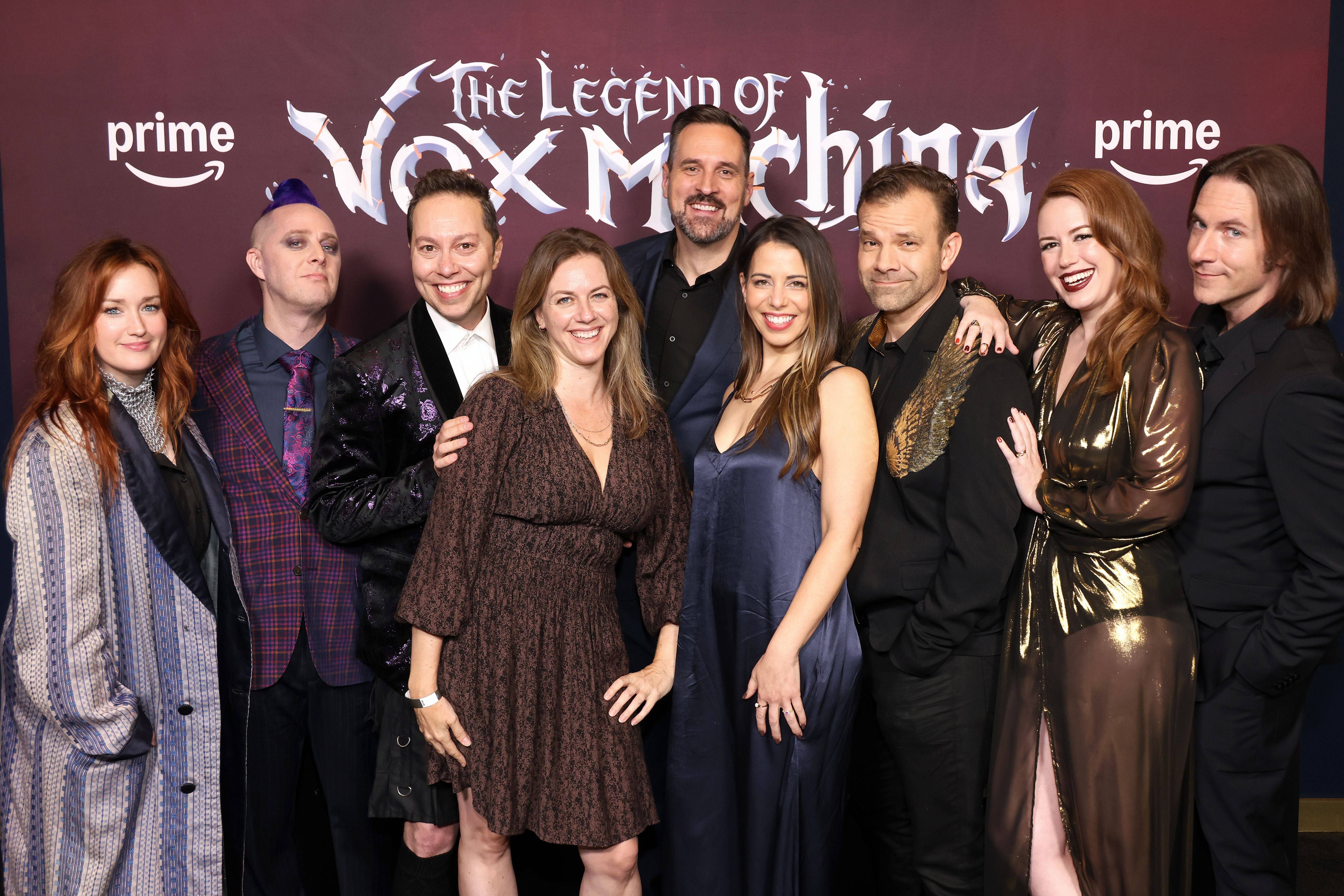

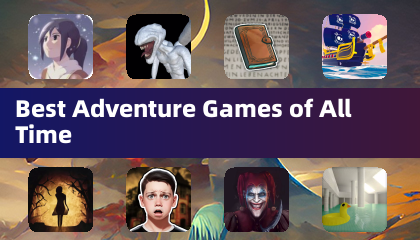







 Latest Games
Latest Games

